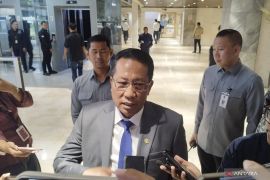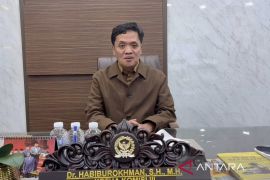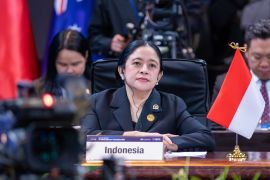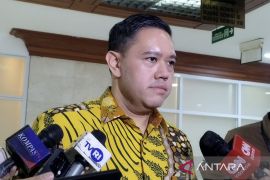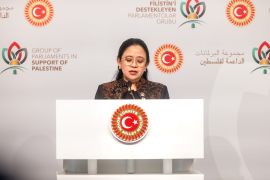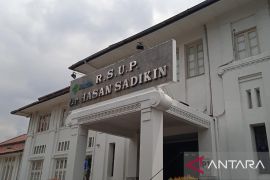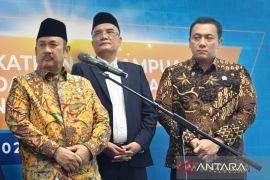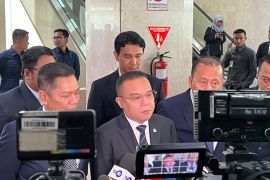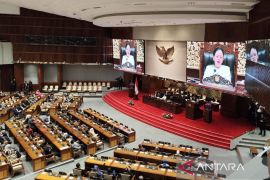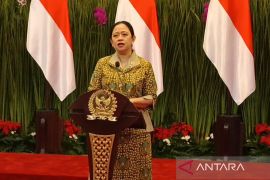"Raja Ampat is the future of tourism, geological conservation, culture, and the sustainability of our seas. Do not sacrifice Indonesia and Raja Ampat just for the sake of a handful of nickel companies," she urged in a statement released on Monday.
According to Nursanty, the government needs to take a firm stance on nickel mines on the small islands in Raja Ampat. If those mines endanger the ecosystem, they must be closed without exception.
The islands have also been included in the Waigeo Tourism Development Area and its surroundings in the Raja Ampat National Tourism Destination Master Plan for 2024–2044, making them the center of tourism activities in Raja Ampat.
"These islands, including Gag Island, are small islands that are prohibited for mining based on Law No. 1 of 2014 concerning the Management of Coastal Areas and Small Islands. Nickel mining activities on these islands violate the law," she emphasized.
Nursanty informed that she held a meeting with the Southwest Papua governor and the related district head to gather regional aspirations related to local tourism, especially after the determination of Raja Ampat as a national tourism destination (DPN).
The DPN status was conferred via Presidential Decree No. 87 of 2024 concerning the Raja Ampat National Tourism Destination Master Plan.
The presidential decree describes Raja Ampat as a quality, inclusive, and sustainable conservation and community-based archipelago geopark tourism destination that is a driver of local economic development.
"The mining activity in the region will always be contrary to the sustainable tourism development plan. This must be straightened out. If we allow such practices, it will harm Raja Ampat, Southwest Papua, Papua, and Indonesia," she warned.
"For the sake of these three to four nickel mining companies, must we sacrifice much greater interests?" she asked.
Her party also conveyed the concerns of regions that were not involved in the granting of mining permits, with no communication established with mining companies. This has several legal, environmental, and governance ramifications.
She said that many regional heads have asked to be involved in the initial process of granting permits. The role of regional governments in their regions, including in environmental and social aspects, must not be eliminated.
Without their involvement, the potential for environmental damage could increase, and other inequalities, especially in regional revenues, could trigger social conflict due to lack of consultation and public participation, Nursanty cautioned.
"(Thus, there is a need to) Revise technical regulations to include the regional government in the permit evaluation process, and improve the public consultation mechanism before granting the permit," she advised.
Related news: Need measurable solution to Raja Ampat mining issue: DPR
Related news: Raja Ampat to tighten oversight on mining pollution
Translator: Fianda Sjofjan, Resinta Sulistiyandari
Editor: Arie Novarina
Copyright © ANTARA 2025



